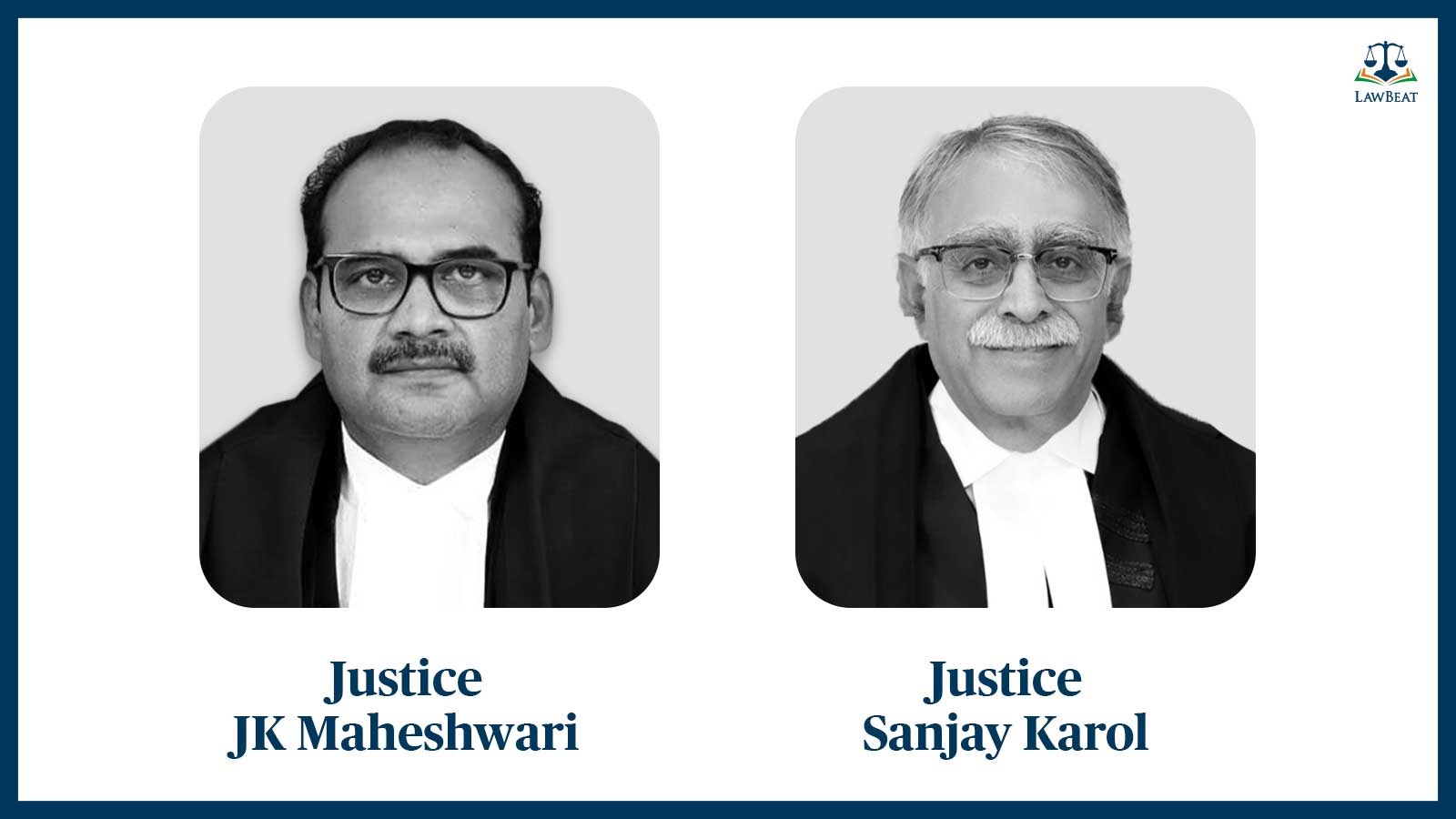SC upholds cancellation of HP dealership by termination of agreement

Court found that the termination of the agreement inter se the parties was only based on the contravention of the terms of the dealership agreement
The Supreme Court has said any person who contravenes the Control Order is liable to be punished by the court. Therefore, for a person to be prosecuted for violating the provisions relating to search and seizure contained in Clause (7) thereof, such a person will have to be brought to the book, particularly, for having violated the said Control Order.
A bench of Justices J K Maheshwari and Sanjay Karol allowed an appeal by Hindustan Petroleum Corporation Limited against the Patna High Court's order quashing and setting aside the order for termination of licence of dealership of Dharamnath Singh after collection of the samples, after noting the respondent here has not been prosecuted for violation of the Control Order.
The High Court has held that an outside agency, SGS India, had “absolutely no authority to take samples or to make any seizure of any product” in violation of Clause 7 of the Control Order as also Section 100 of the Code of Criminal Procedure. Therefore, it was held that while the appellant(s) had the power to appoint agents for the purposes of administrative convenience, such agents cannot be allowed to flout the provisions of law, which they had in the present case, it said.
Additional Solicitor General N Venkataraman submitted that Clause 4 of the Agreement provides that a license was terminable immediately on (a) the termination of the Agreement; (b) breach of any of the terms thereof which are described in Clause 58.
The provisions of the Control Order do not apply to the present case as the respondent is not prosecuted for its violation and instead, the agreement stands terminated for breach of the terms and conditions, he said.
The respondents, on the opposite side, said the termination of the agreement could not be carried out without adhering to the inspection guidelines as per the Control Order.
They said the agreement does not prescribe any procedure for collection of samples, testing or any other procedure of alleged adulteration of products. The Control Order (2005) was preceded by a similar order of 1998 and both would be binding on an oil manufacturing company. As such the procedure mentioned in Clause 7 of the Control Order would be required to be followed.
The process of drawing the sample by the agency was improper. The sample collected was in the absence of an authorized officer of the appellant, they said.
Due to non-compliance with the provisions of the Control Order, the drawing of samples is without basis, the respondents contended.
"No power has been conferred upon the oil manufacturing company to bypass the procedure of drawing of samples. Section 100 CrPC was made applicable to ensure the sanctity of the investigation as the outcome thereof could result in penal consequences. Grant of such powers to a third party (agency) would be illegal," they claimed.
The court referred to 1997 Agreement inter se parties, the Motor Spirit and High Speed Diesel (Regulation of Supply, Distributor and Prevention of Malpractices) Order, 2005 and Marketing discipline guidelines, 2005.
The court also noted a contention by the appellant that the respondent was sought to be prosecuted only for the violation of the terms of the agreement inter se the parties and not for any other alleged violation, if any.
"The crux of the decision is that when a dealership agreement is to be cancelled, it has to be so done strictly in consonance with Rules/Guidelines framed in that regard. When a sampling test is being conducted a dealer is to be given prior notice so as to ensure his or his representative’s presence can be secured," the bench said.
In the present facts, the court said, the respondents have taken issue with the process of collection of samples, being aggrieved by the fact that a third party, namely, SGS India was appointed to take samples and not with the lack of service of notice or any other such non-compliance of the principles of natural justice.
Having taken note of and considered all contentions raised across the Bar, the court said, the appeals are allowed keeping in view that the termination of the agreement inter se the parties was only based on the contravention of the terms of the dealership agreement.
